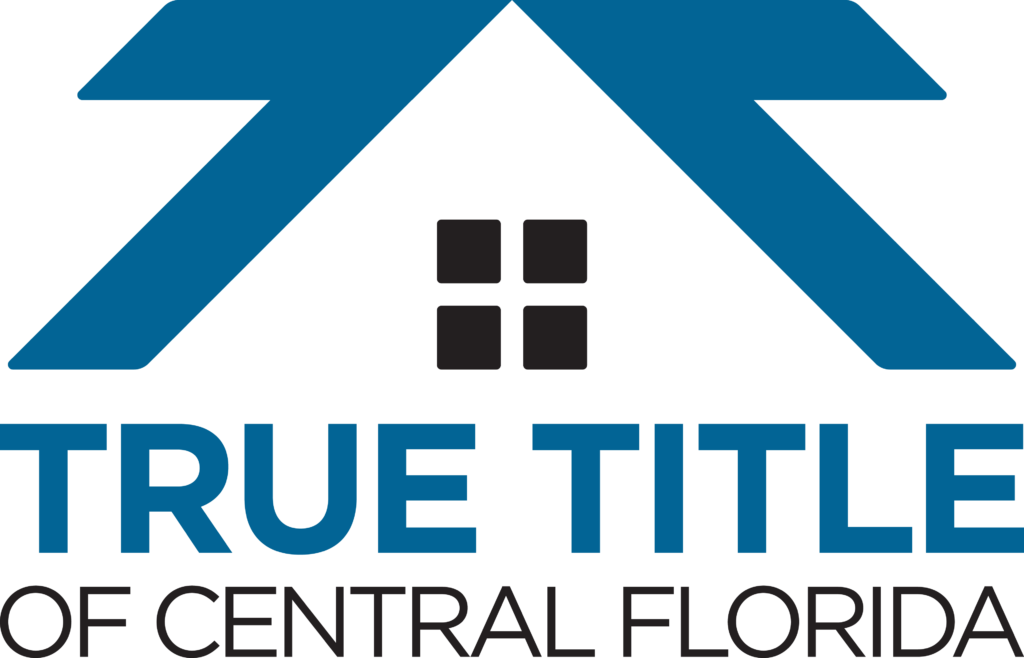
Key Takeaways
- The responsibility for title insurance varies by county, but it is always negotiable.
- Market conditions influence payment responsibility, with sellers more likely to cover the cost in a buyer’s market.
- Counties such as Sarasota and Collier have distinct traditions regarding title insurance payments.
- Payment arrangements can be negotiated between parties until the contract is signed, regardless of regional customs.
Title Insurance Basics in Florida Real Estate
When purchasing property in Florida, title insurance serves as a financial safeguard against potential ownership disputes or claims. This essential protection helps buyers avoid losses from unforeseen issues such as forged documents, undisclosed heirs, or overlooked liens that could surface after the purchase.
Florida title insurance policies come in two main types:
- Owner’s Policy: Protects the buyer’s ownership rights.
- Lender’s Policy: Required by mortgage lenders to protect their financial interest in the property.
While an owner’s policy is not legally mandated, it is highly recommended to protect your investment. The policy amount typically matches the property’s purchase price, and it is a one-time payment made at closing—offering protection for as long as you own the property.
Regional Customs and Payment Traditions
Real estate customs vary across the U.S., and Florida has its own unique practices when it comes to title insurance payments. In most of the state, particularly in southern Florida, it is customary for the seller to cover the owner’s title insurance policy. However, in some northern Florida counties, buyers may be expected to share or fully assume this cost.
Counties like Sarasota, Collier, Miami-Dade, and Broward follow different traditions where buyers customarily pay for title insurance. Understanding these regional variations is crucial, as they can significantly impact your closing costs. Being aware of local customs allows you to enter negotiations with a better understanding of what to expect.
Negotiating Title Insurance Costs
Many buyers and sellers assume that title insurance costs are set in stone, but they are often negotiable in Florida real estate transactions. By researching rates and leveraging negotiation strategies, both parties can work together to reach a fair agreement.
When negotiating title insurance costs:
- Research different title companies to understand their fees and services.
- Propose alternative payment arrangements, such as splitting the premium 50/50.
- Consider the broader financial aspects of the deal—if the buyer is covering other substantial closing costs, the seller may be willing to absorb the title insurance expense.
- Remember, everything is negotiable until the contract is signed, so discussing title insurance costs early in the transaction is beneficial.
Market Conditions and Their Impact on Title Insurance
Florida’s real estate market conditions directly influence who covers title insurance costs.
- In a seller’s market, buyers have less negotiating power and may be required to pay for title insurance to remain competitive.
- In a buyer’s market, buyers have more leverage, and sellers are often more willing to cover title insurance costs to attract buyers.
These market dynamics vary across Florida, so understanding local trends can help you time your purchase strategically and potentially save on title insurance expenses.
Key Factors Affecting Who Pays
Several factors influence who ultimately pays for title insurance in a Florida real estate transaction:
- Market Conditions: In a seller’s market, buyers often cover more costs, while in a buyer’s market, sellers may absorb additional expenses.
- Regional Customs: County-specific traditions dictate who typically pays for title insurance.
- Negotiation Power: Buyers and sellers can negotiate these costs based on overall deal structure and financial incentives.
- Contract Terms: Payment responsibility is finalized in the purchase agreement.
For example, in Miami-Dade and Broward counties, buyers usually pay for title insurance, whereas in other regions, this cost is typically the seller’s responsibility.
Tips for Buyers and Sellers in Florida
Understanding these dynamics can help you navigate title insurance negotiations effectively.
For Buyers:
- Do not assume you must pay for title insurance—always negotiate.
- Research county-specific customs to understand what is typical in your area.
- Get multiple title insurance quotes to compare service quality and fees.
- Leverage market conditions to your advantage.
For Sellers:
- Understand your potential obligations regarding title insurance.
- Be prepared to provide a clear title and resolve any issues before closing.
- Offering to cover title insurance can be a valuable negotiation tool, especially in a buyer’s market.
- Shop around for title companies to ensure competitive pricing.
Regardless of which side you are on, securing title insurance is crucial for long-term protection.
Frequently Asked Questions
Can Title Insurance Rates Be Shopped Among Different Companies?
No, title insurance rates in Florida are state-regulated and standardized. However, you can compare title companies based on service quality and additional fees.
How Long Does Title Insurance Coverage Last?
Title insurance coverage lasts for as long as you or your heirs own the property. It is a one-time purchase with no renewal required.
What Happens to Title Insurance When Refinancing a Property?
When refinancing, you will need to purchase a new lender’s title insurance policy. However, your original owner’s policy remains active and continues to protect your ownership rights.
Are There Discounts for Title Insurance on Newly Constructed Homes?
Discounts may be available for new construction properties, as they generally have fewer title complications. Check with your title company for specific savings opportunities.
Can Title Insurance Be Transferred to a New Owner When Selling a Property?
No, title insurance is non-transferable. Each new owner must purchase their own policy for protection.
Final Thoughts
Understanding who pays for title insurance in Florida is essential for buyers and sellers alike. While regional customs often dictate who covers the cost, negotiation plays a key role in determining the final arrangement. By researching market conditions, understanding county-specific norms, and negotiating strategically, you can better navigate title insurance expenses and ensure a smooth real estate transaction.

